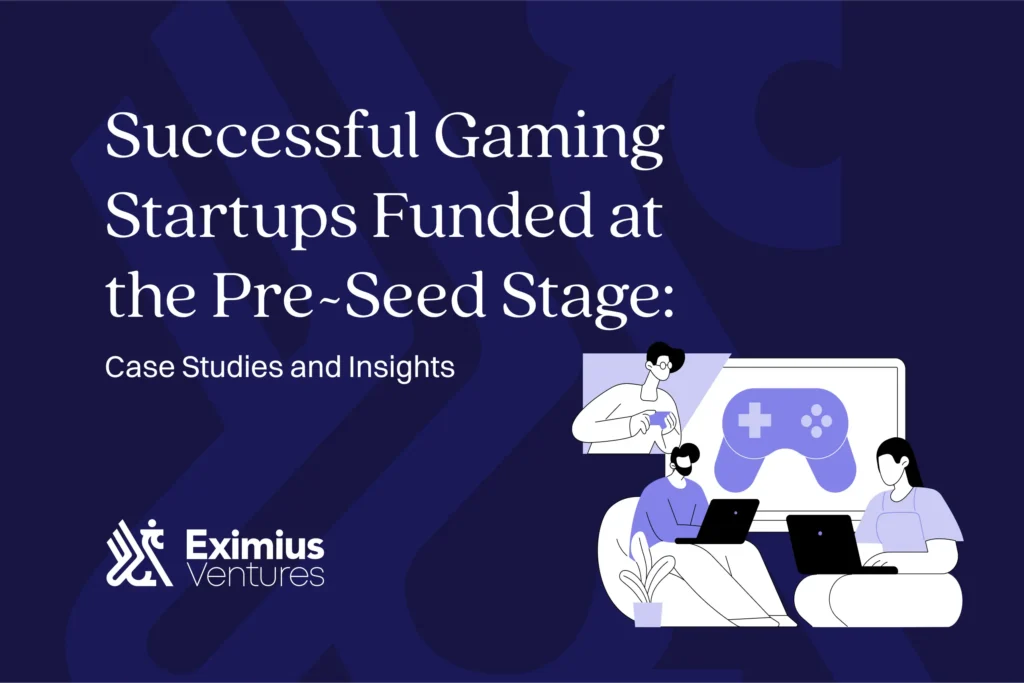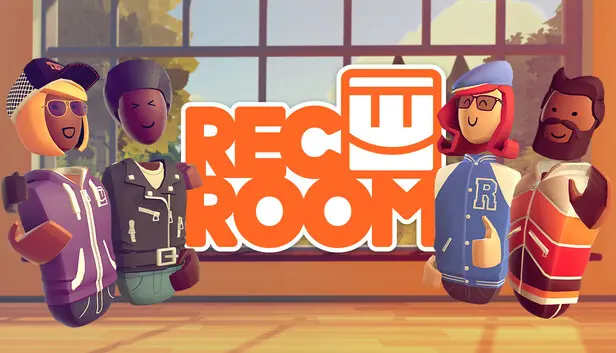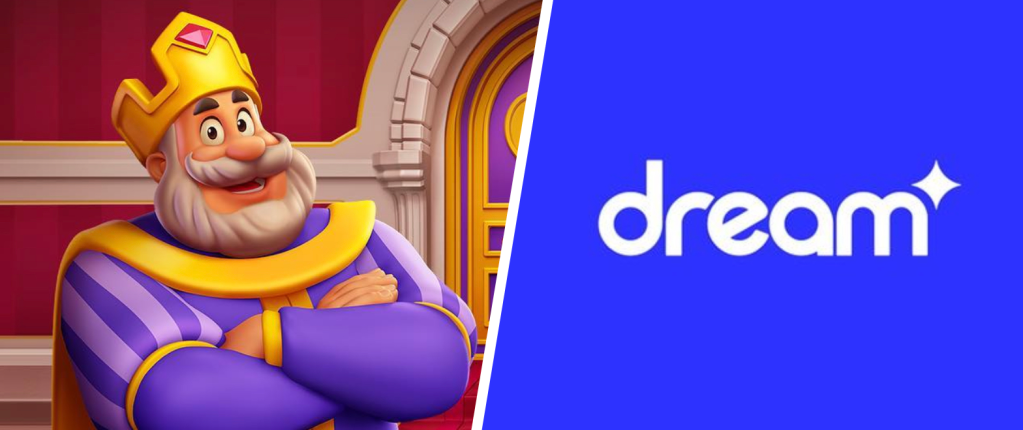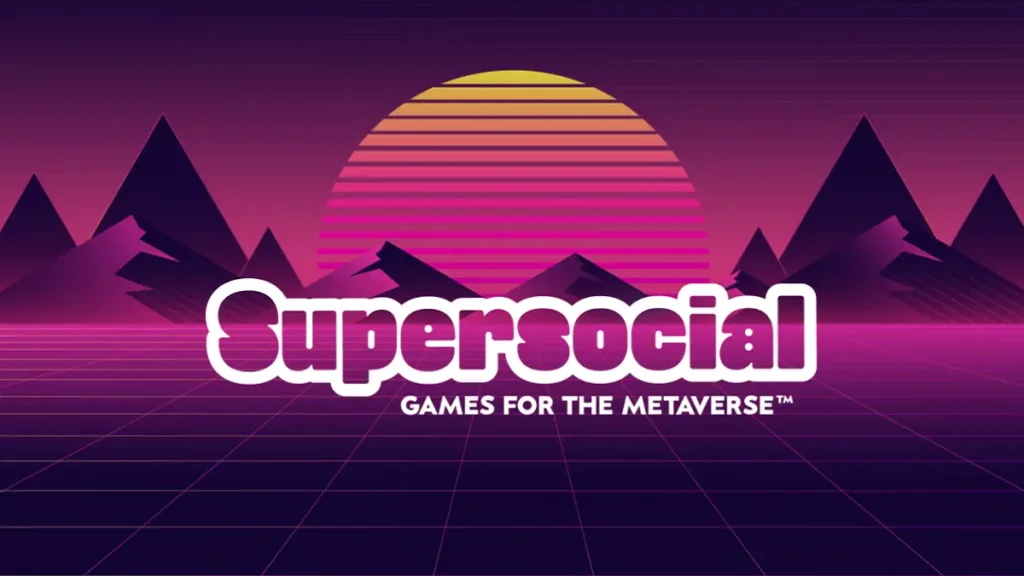Published on: 07/16/2025
By Pearl Agarwal

SHARE
Gaming has grown into one of the most exciting industries in the world. What began as simple pixelated fun in arcades has now become a powerhouse of culture, technology and business. Today it powers billion-dollar franchises, global esports tournaments, jobs in storytelling and design and virtual communities where millions interact daily. But behind every blockbuster game and studio, there was once a tiny team, a few friends, an ambitious coder, maybe a college dropout, all sharing one belief that they could build something players would love. And it all starts with vision backed by early belief; the kind of belief that fuels gaming startup success stories.
These early days of a game startup are where the real magic happens. It’s raw, uncertain and electric. Ideas fly around, prototypes get built in bedrooms, feedback comes in the form of Reddit comments and Discord chats. It’s also where smart capital can make the biggest difference. That’s where pre-seed funding steps in. At this fragile stage, when dreams are big but bank balances aren’t, early investment becomes the fuel that helps build momentum. Many of the best gaming startups you know today got their start this way.
In this blog, we will walk through real gaming startup success stories, all rooted in the pre-seed stage. These aren’t fairy tales. They are actual case studies of young companies who turned early backing into explosive growth. And they might just give you a roadmap for building your own.
Let’s start simple. Pre-seed funding is the money a startup gets before it officially becomes a company with a product in the market. Think of it like planting a seed. You water it, take care of it and hope it grows into something amazing. For pre-seed stage companies, the money usually comes from angel investors or venture capital firms like Eximius Ventures who believe in the idea and the team behind it.
Now why is it special for a gaming startup? Because building games is expensive and risky. It needs designers, developers, artists and a lot of time. Getting pre-seed funds for gaming startups allows founders to test their game mechanics, build a prototype and get feedback; all before putting the full product out into the world.
Understanding real-world examples can make the launching a game startup feel more relatable. In this section, we dive deep into gaming startup success stories that began with just an idea and a little backing through pre-seed funding. Each story sheds light on how pre-seed funds for gaming startups can be transformational. Whether it’s creating a viral casual puzzle game or building expansive virtual spaces, these startups showcase how creative ambition, combined with early investor confidence, can unlock massive growth.
These are not just companies but they are blueprints for future founders looking to navigate the unpredictable but exciting path of starting their own game startup. From hiring the first developer to building prototypes that captivate millions, these stories reveal the power of starting small but
dreaming big.

Rec Room started as a simple idea; what if people could hang out in virtual spaces and build their own games inside those spaces? The founders, Nick Fajt and his team, believed in social gaming and wanted to create something that felt like a mix between a game and a social network. They got pre-seed funding from Sequoia Capital and other early believers, which helped them hire the first set of developers and launch a very basic prototype.
That prototype exploded. Players started creating their own mini-games and everything from paintball to escape rooms. Rec Room listened to its community and kept improving. Today, it’s one of the leading platforms in the virtual reality gaming world. This is one of those gaming startup success stories that shows how important early belief and funding can be.

Based in Istanbul, Dream Games was founded by a team of ex-Peak Games employees. Their goal? Make casual puzzle games that feel polished and deeply satisfying. When they started, they didn’t even have a game idea ready. But they had experience and a clear belief in quality. Investors loved their vision and gave them pre-seed funds to start building.
The result was Royal Match, which became a smash hit and earned the startup over a billion dollars in valuation. What worked? They focused on small details, smoother animations, better level design and zero ads to ruin the experience. It became a case study for how pre-seed stage companies can deliver outsized success with the right execution.

Supersocial started with a mission to build for Roblox and the metaverse; long before those buzzwords were trending. They raised pre-seed funding when metaverse gaming was still a niche space. Investors who understood gaming saw potential in a team that wanted to build immersive, interactive Roblox experiences.
Supersocial bet early and bet right. Their first games attracted millions of players. They didn’t just make games, they made worlds that players could live in. This case shows that if a game startup can read future trends well and start early, it can win big.
Related: Inspiring Pre-Seed Funding Success Stories
If you are wondering what these gaming startup success stories have in common, it’s more than just good luck. First, all these founders were laser-focused on a specific idea or user need. They weren’t building for everyone, they were building something specific and doing it well.
Second, they each had a strong founding team. Investors at the pre-seed stage mostly bet on people; not products. If the team is great, they believe the idea can evolve and improve over time.
Third, they didn’t rush. Rec Room, Dream Games and Supersocial all took their time to understand their players and fine-tune the experience. That patience made a big difference.
Finally, they kept talking to users. In gaming, feedback loops matter. When you make changes based on what real players say, your game gets better every week. That approach can turn a small game startup into one of the best gaming startups out there.
You might think investors would be scared of early-stage gaming companies. But that’s not the case. In fact many firms, including Eximius Ventures, are actively looking for pre-seed stage companies in gaming. Here’s why:
First, gaming is growing like crazy. Every year, more people play games across mobile, PC, console and even VR. That means there is always room for new ideas.
Second, gaming is habit-forming. If a game catches on, it becomes a part of a user’s life. That kind of engagement is rare and valuable.
Third, early-stage gaming startups are cheap to back. At the pre-seed stage, the investments are smaller but can lead to huge payoffs. It’s a high-risk but high-reward game that some investors love to play.
And finally, the best founders in gaming are creative and passionate. They don’t just want to make money but they also want to build worlds. That kind of energy is contagious.
Starting your own game startup might seem scary. But all of these gaming startup success stories began with just a small team and a clear idea. Here are some steps to get going.
First, focus on one core idea. Don’t try to build everything. Find a specific game mechanic or story you love and build around that.
Second, start small. Build a prototype, let people play it and learn from their reactions. Improve.
Third, talk to investors who understand gaming. Eximius Ventures, for example, doesn’t just give money but they also partner with founders to help them succeed. Look for firms that believe in your vision.
Lastly, be patient. Success doesn’t come overnight. Keep building, keep learning and keep playing. Your game might be the next big thing.
Every big game started as a small dream. These gaming startup success stories prove that with passion, the right team and the support of pre-seed funds for gaming startups, anything is possible. If you are sitting on a game idea and wondering if it is worth chasing, remember that every successful startup was once just an idea too. What separates the dreamers from the success stories is action taken at the right time with the right resources. And that first step often begins with securing early belief through pre-seed capital.
Building a great game is hard. But building a sustainable business around that game? That’s the real challenge. From hiring a capable founding team, to understanding your player base and iterating based on their feedback, every small decision stacks up. This is where early-stage investors become not just funders but partners in growth. The right investor doesn’t just offer money but they also offer market insights, connections and the experience to help shape your idea into a profitable venture.
If you have a game concept that you believe in, now is the time to start shaping it into reality. With a strong pitch, a dedicated team and a willingness to learn from both successes and failures, your game startup could very well become one of the best gaming startups of the next generation.
Pre-seed funding is the earliest stage of investment a startup receives, often used to build a prototype or test an idea before launching to the market.
It varies, but usually between $100K to $1M, depending on the idea, team and market.
Yes, mobile games are quicker to test and have broader reach, which makes them attractive to early-stage investors.
It’s possible but rare. Most investors prefer a team because building games needs multiple skill sets.
A clear vision, strong founding team and understanding of the target audience. Bonus points for past experience or early prototypes.
This can take anywhere from 6 months to 2 years, depending on complexity and scope of the game.
